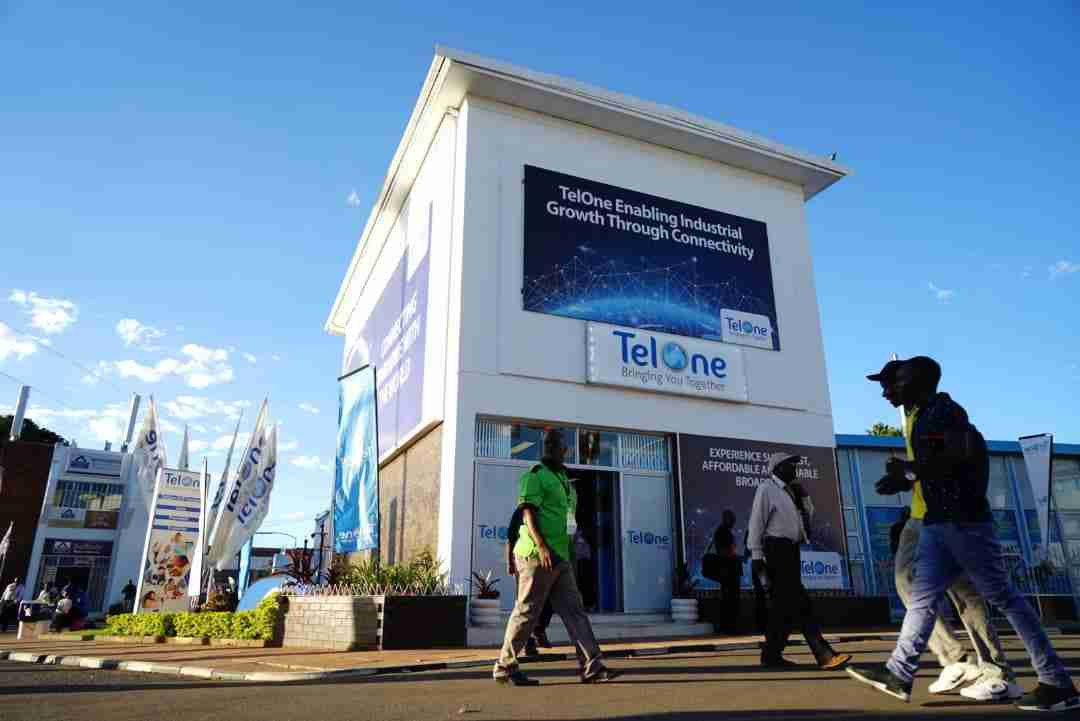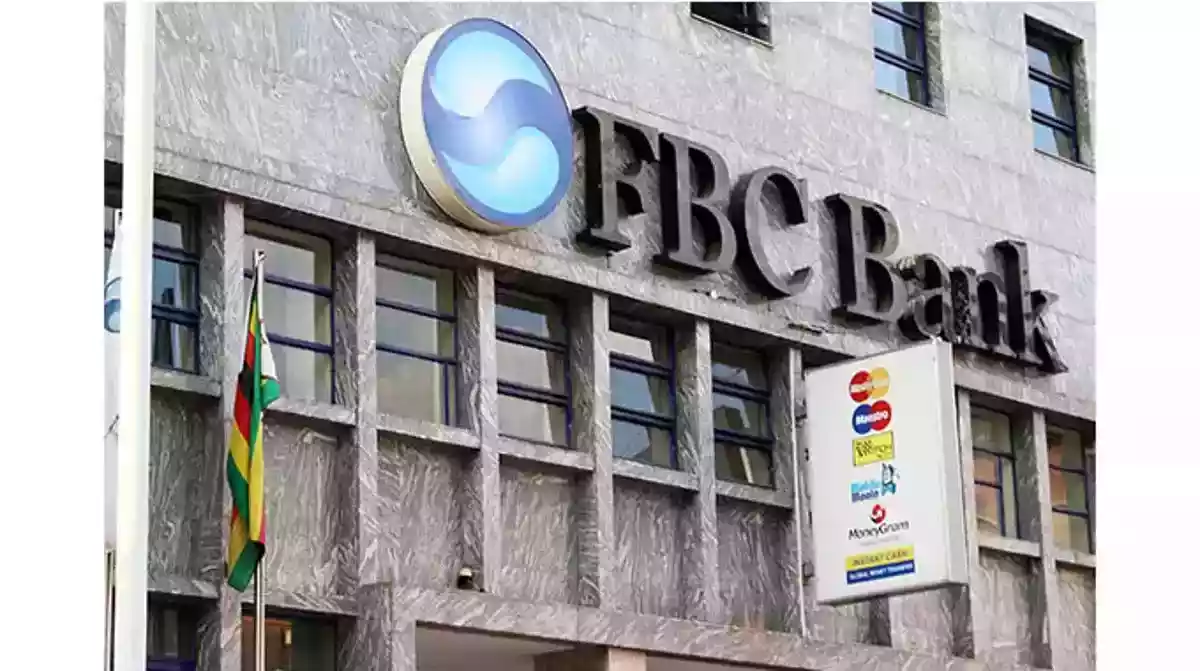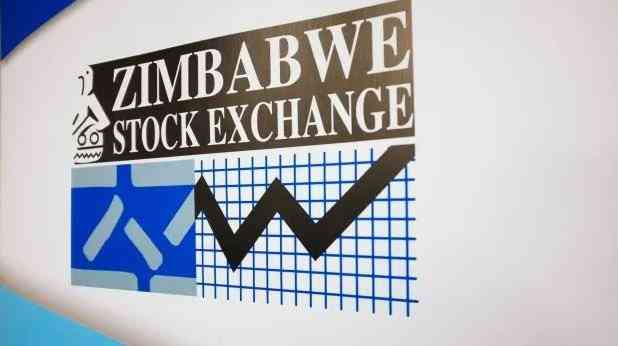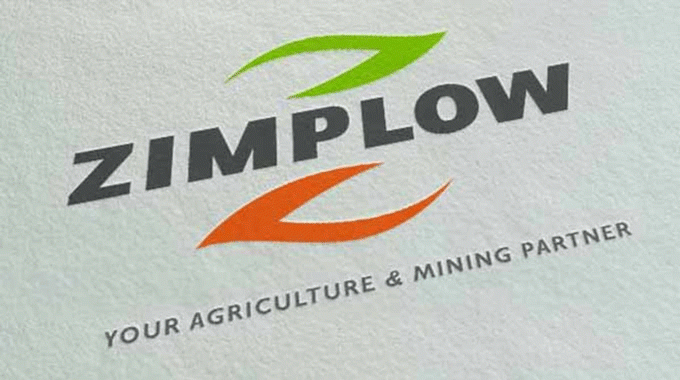
THE state-controlled land line telecoms provider, TelOne, said yesterday it required up to US$50 million annually in capital injection, but accessing it was being held back by legacy debts.
In a trading update released during the firm’s annual general meeting in Harare, officials said TelOne’s legacy debts stood at ZW$268,4 billion (about US$35,31 million at a rate of US$1:ZW$7 600) currently.
“Confronted with capitalisation needs of US$50 million per annum, TelOne continues to search for an investment on the back of legacy loans that continue to have a negative effect on the business’s financial statements,” the firm said.
The statement said TelOne invested US$9 million in the business during the year ended December 31 2022, all of it from internally generated resources.
It said foreign currency generation was affected by customers’ preferences to settle bills in local currency, along with United States dollar shortages on the foreign currency auction system.
“This diminished the business’ ability to fund capital expenditure towards network expansion and upgrades,” the trading update said.
It said operations were also affected by unsettled debts from government, which increased to ZW$20,5 billion as at May 31 2023, from ZW$6,6 billion during the year ended December 31 2022.
The government accounted for 51% of TelOne’s total debtors book of ZW$$42,8 billion as at May 31 2023.
- Byo armed robber in court
- Woman jailed 12 years for indecent assault
- Magistrate jailed 3 years for abuse of office
- Zim’s poor batting hands India series
Keep Reading
“TelOne is pushing for a timeous settlement of bills to preserve the time value of money and allow the company to settle its obligations,” the company said.
On volume performance, it said aggregate demand remained high, even as Zimbabwe’s operating environment continued to be tough. TelOne posted an inflation-adjusted operating profit of ZW$7,1 billion during the review period, up from ZW$4,3 billion previous year.
Operating expenses increased by 53% from ZW$24,1 billion in 2021 to ZW$37,8 billion in 2022 in inflation-adjusted terms.
“This was mainly driven by the depreciation of the local currency which had a pass-through effect on inflation,” the company said.
TelOne’s cost-to-income ratio improved from 90% in the year 2021 to 87% in the year 2022.
The firm attributed this to the fact that operating expenses increased at a lower pace than revenue.
At the close of 2022, the company recorded an inflation-adjusted revenue of ZW$56,8 billion, a 36% increase on the ZW$41,8 billion recorded the prior year.
This, according to TelOne, was driven by a tariff adjustment that came into effect in the third quarter of 2022.
TelOne further noted that its business is also under threat from network theft and vandalism, especially on the copper network. It said there were 402 network vandalism incidents during the year under review, translating to a 20,7% increase compared to the prior year.
A total of 51 500 clients were affected by vandalism-induced downtime in 2022, amounting to a 30% increase from 39 965 clients that were affected in 2021.
Resultantly, the need to replace the copper network with optic fibre and wireless solutions has become urgent, the firm said. Going forward, the company will continue to pay attention to the unique challenges and opportunities presented by the current operating environment while network maintenance and expansion remain key, it added.










